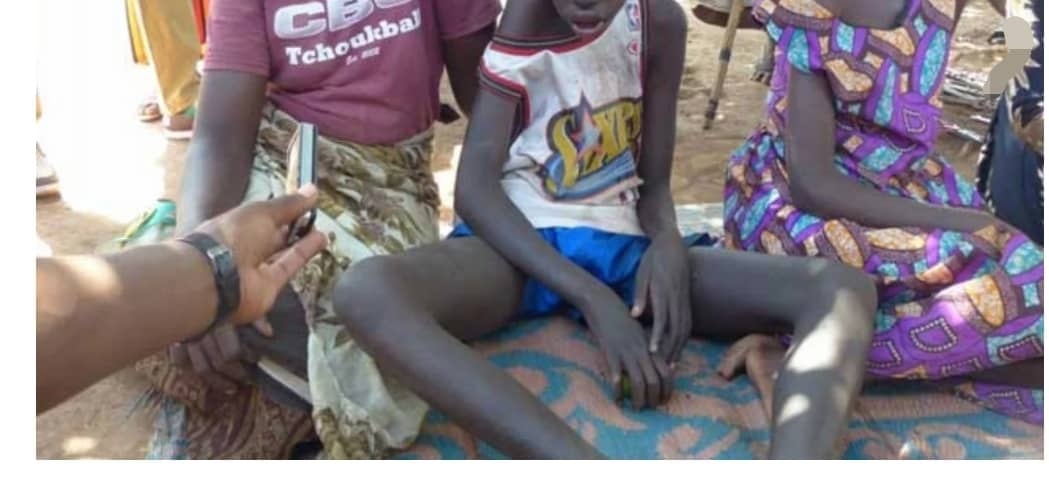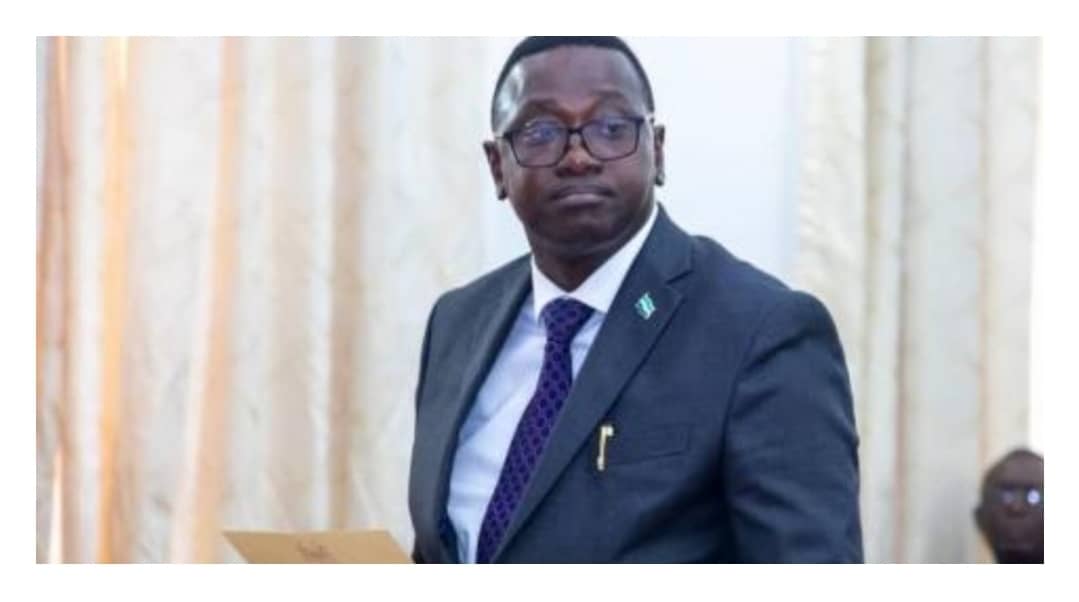By Kadijatu Bangura, Reporter D.S
Sierra Leone is witnessing a concerning surge in epilepsy cases, with current estimates reaching 87,000—over 1% of the population. This alarming increase is largely attributed to the disruption of vital medication supplies from the UK-based charity, Medical Assistance Sierra Leone (MASL).
Max Bangura, Founder and Executive Director of the Epilepsy Association of Sierra Leone, revealed these figures during an exclusive briefing with Awoko on Tuesday. He emphasized the dire situation facing epilepsy patients, as many have struggled to access essential control drugs for the past three months. This shortage began after MASL ceased its support, anticipating that the Sierra Leonean government would assume responsibility through the Ministry of Health and Sanitation.
The withdrawal of aid has critically impacted epilepsy treatment, leaving no readily available alternatives. Bangura stated, “The health system in Sierra Leone is still struggling to prioritize conditions like epilepsy, despite the government’s commitment to curative medicine in the 2002 Health Policy Paper.” The partnership between MASL and the Epilepsy Association, initiated by Dr. Radcliffe Lisk, a consultant neurologist in England, previously established the country’s first structured epilepsy service. However, the sudden halt in drug supplies has left thousands without adequate care.
Local reports indicate a significant increase in epilepsy prevalence, rising from an estimated 60,000 patients to over 87,000, particularly in areas such as Connaught Hospital in Freetown. Bangura also highlighted the pervasive cultural stigma surrounding epilepsy in Sierra Leone, where many associate the condition with witchcraft or demonic possession. This stigma often leads patients to seek traditional or faith healing instead of medical assistance.
Recent statistics show that approximately 48% of school-age children with epilepsy have had to abandon their education due to the severity of their seizures. Bangura recounted a troubling incident where a patient fell into an open fire during a seizure while cooking, resulting in severe burns. Such cases illustrate the life-threatening nature of untreated epilepsy.
“People with epilepsy should be fully investigated to find the cause of their seizures,” Bangura stressed. In 2024, over 3,500 health workers were trained through a government initiative aimed at improving care for epilepsy patients across the country. Despite ongoing challenges, around 80% of those receiving treatment have shown signs of recovery through adherence to their prescribed medication regimens.
However, accessing life-saving medications remains a significant hurdle. Key drugs such as Phenobarbitone, Phenytoin (Epanutin), Carbamazepine (Tegretol), and Sodium Valproate (Epilim) require special import permits from the Sierra Leonean government, complicating their procurement. These medications are sourced from countries like Germany and the UK, but bureaucratic delays have hindered the importation process.
Bangura pointed out that there are 20 types of epilepsy worldwide, each necessitating specific treatments. For instance, 75% of epilepsy patients in Sierra Leone are treated with Phenobarbitone, a century-old drug that remains effective in developing countries. Recently, a new form of epilepsy, Absence Seizures, has been identified in Sierra Leone, primarily affecting children. Other common types include Partial Epilepsy, Complex Partial Epilepsy, Myoclonic Atonic Seizures, Status Epilepticus, and Migraine-related seizures.
As this crisis unfolds, the future for epilepsy patients in Sierra Leone looks uncertain. Without a stable supply of control drugs, the number of affected individuals is expected to rise, jeopardizing more lives. Bangura is urging the government to prioritize epilepsy treatment and ensure that essential medications are readily available to those in need, before the situation deteriorates further.
For more information, contact Daily Scope Newspaper at dailyscopemedia@gmail.com.





